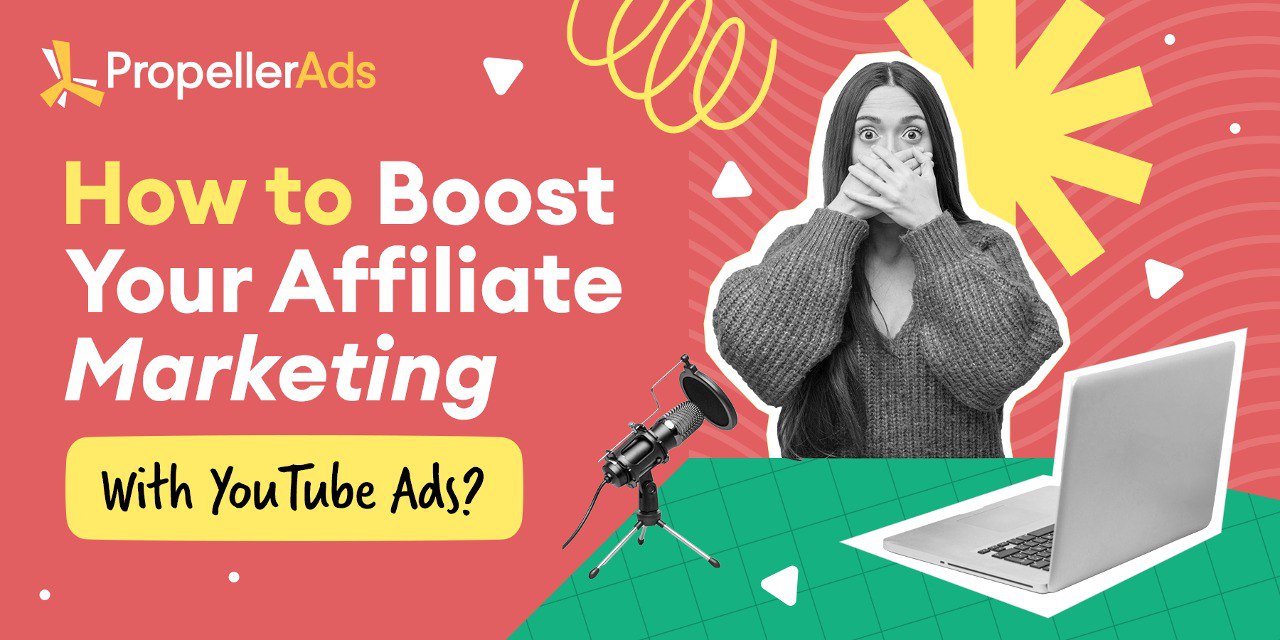YouTube, the second-largest internet search engine and most popular video-sharing platform, has become a powerhouse for advertising. With over 2 billion logged-in users monthly and billions of hours of video watched daily, https://propellerads.com/blog/adv-youtube-ads/ offer unparalleled the opportunity to connect with global audiences.
This article explores the different types of YouTube Ads, their benefits for advertisers, and methods for creators trying to maximize revenue through ad placements.
Why Choose YouTube Ads?
Massive Reach
YouTube’s global audience allows advertisers to target users across all demographics.
Engaged Audience
Video content keeps users engaged longer, making it easier for brands to supply their messages effectively.
Advanced Targeting
Google’s AI-powered targeting tools enable advertisers to reach specific audiences based on location, interests, behaviors, plus much more.
Measurable Results
YouTube provides detailed analytics to track ad performance, ensuring optimized campaigns.
Types of YouTube Ads
Skippable In-Stream Ads
Appear before, during, or following a video.
Viewers can skip after 5 seconds.
Charged only if the ad is watched for 30 seconds or clicked.
Non-Skippable In-Stream Ads
Must be watched entirely (around 15 seconds).
Best for brand awareness campaigns.
Bumper Ads
Short, non-skippable ads lasting 6 seconds.
Ideal for mobile campaigns and quick messaging.
Overlay Ads
Semi-transparent banners displayed on the bottom portion of a video (desktop only).
Discovery Ads
Appear on YouTube listings and next to related videos.
Perfect for getting visitors or traffic to your channel or content.
Masthead Ads
Premium ad space about the YouTube homepage for 24 hours.
Ensures maximum visibility for large-scale campaigns.
Benefits of YouTube Ads for Advertisers
Cost-Effective
With options like pay-per-view or pay-per-click, advertisers control their budget while maximizing ROI.
Multiple Campaign Goals
YouTube Ads could be tailored for brand awareness, prospecting, web site traffic, or gross sales.
Customizable Formats
From short, impactful messages to detailed storytelling, advertisers can pick formats that align making use of their goals.
Integration with Google Ads
YouTube Ads make use of Google’s advanced tools, including audience targeting, bidding strategies, and satisfaction insights.
YouTube Ads for Creators
Creators can make money through ad placements on the videos by joining the YouTube Partner Program (YPP).
Monetization Eligibility
At least 1,000 subscribers.
4,000 watch hours before 12 months or tens of millions of Shorts views in 90 days.
Adherence to YouTube’s community and advertiser-friendly guidelines.
Maximizing Revenue being a Creator
Create Longer Videos
Videos over 8 minutes enable mid-roll ads, increasing earning potential.
Engage Your Audience
Build a loyal fanbase to boost views, ultimately causing higher ad revenue.
Diversify Content
Include a mix of trending and evergreen topics to attract diverse viewers.
Optimize Ad Placement
Use YouTube Studio to strategically place ads without disrupting viewer experience.
Best Practices for Advertisers
Understand Your Audience
Research demographics and preferences to craft tailored ads.
Focus on Storytelling
Engaging narratives perform superior to overtly promotional content.
Leverage Retargeting
Use retargeting ads to re-engage users who’ve interacted together with your brand.
Track Performance
Monitor metrics like impressions, click-through rates, and conversions to refine campaigns.
Challenges of YouTube Ads
Ad Fatigue: Overloading users with ads can cause negative experiences.
Ad Blockers: Some viewers use tools to bypass ads, reducing reach.
Content Sensitivity: Ads may not run on videos flagged for inappropriate content.
YouTube Ads can be a powerful tool for both advertisers and creators, offering unmatched reach and adaptability. Whether you’re looking to promote a brand or monetize your articles, understanding YouTube’s ad ecosystem is key to success.
By leveraging the correct ad formats, strategies, and audience insights, businesses can maximize their ROI, while creators can build sustainable revenue streams within the ever-growing realm of online video.
11/19/2024


